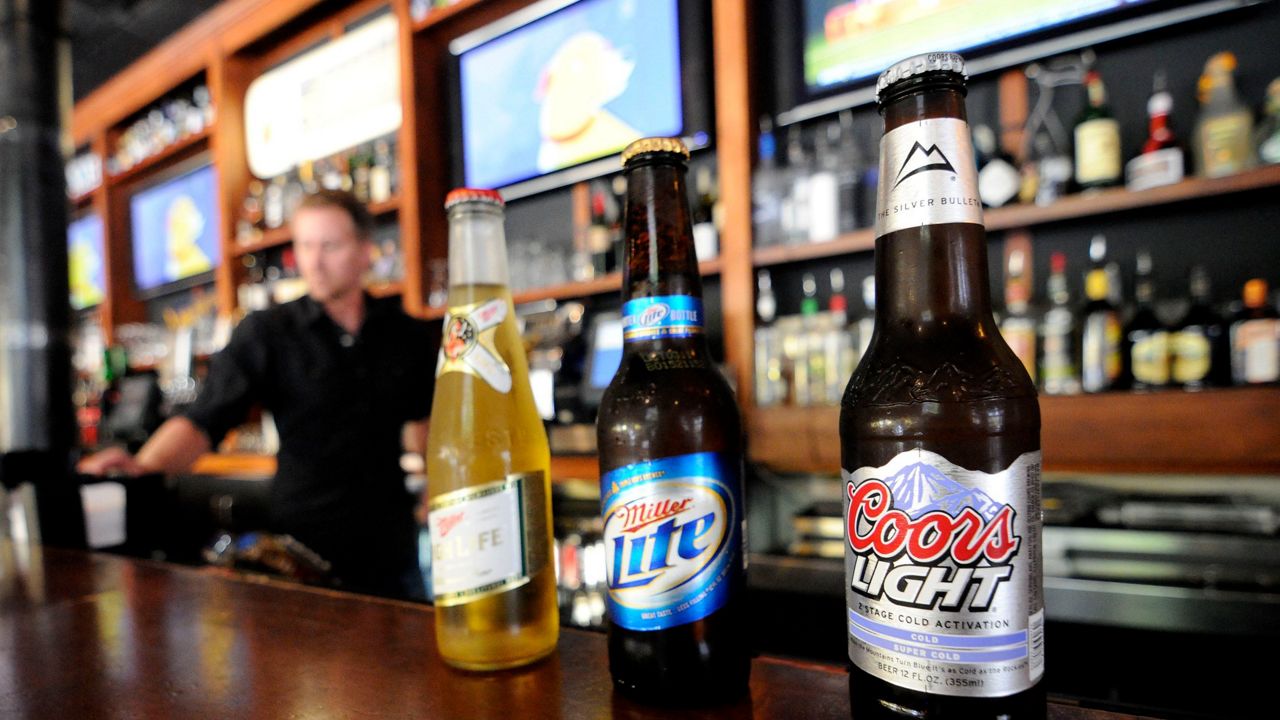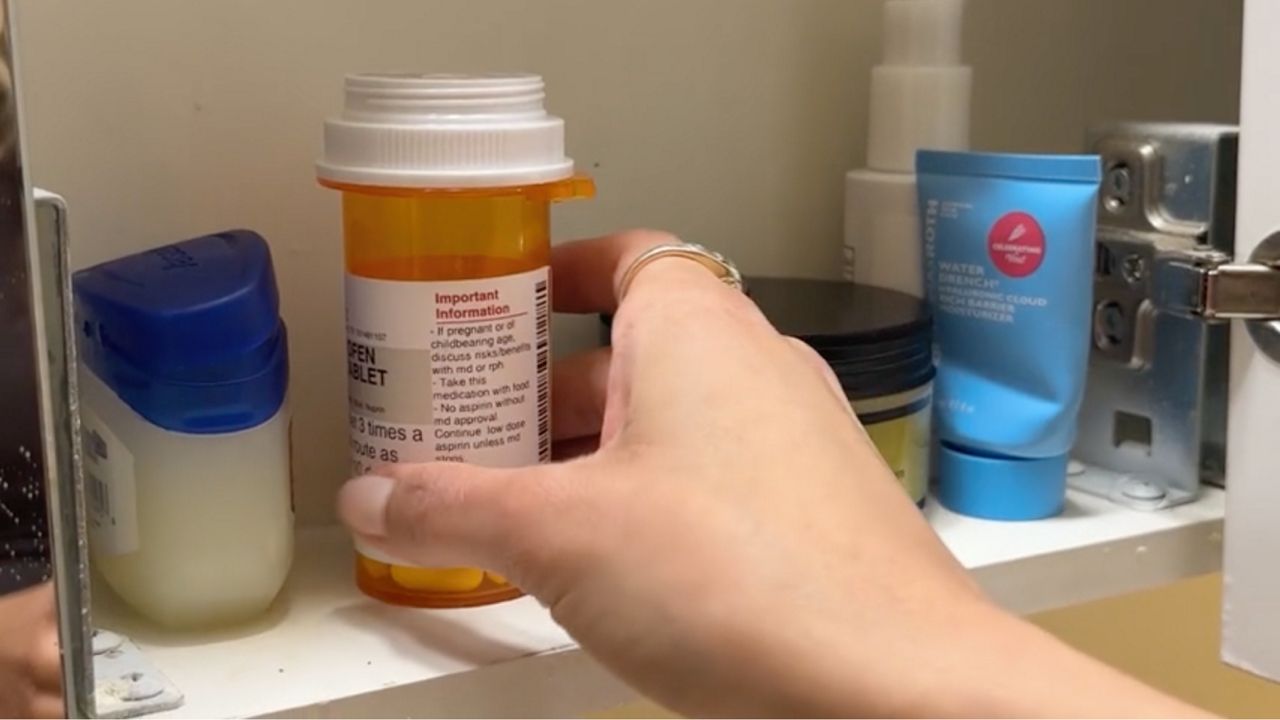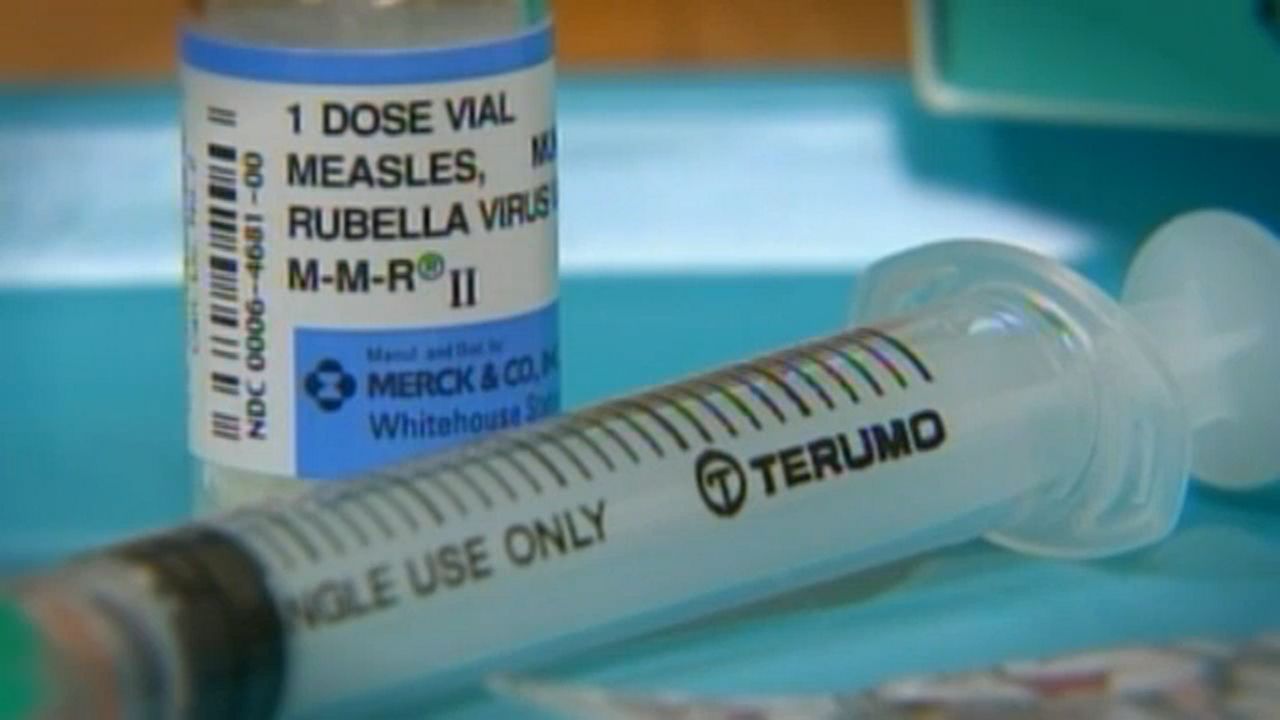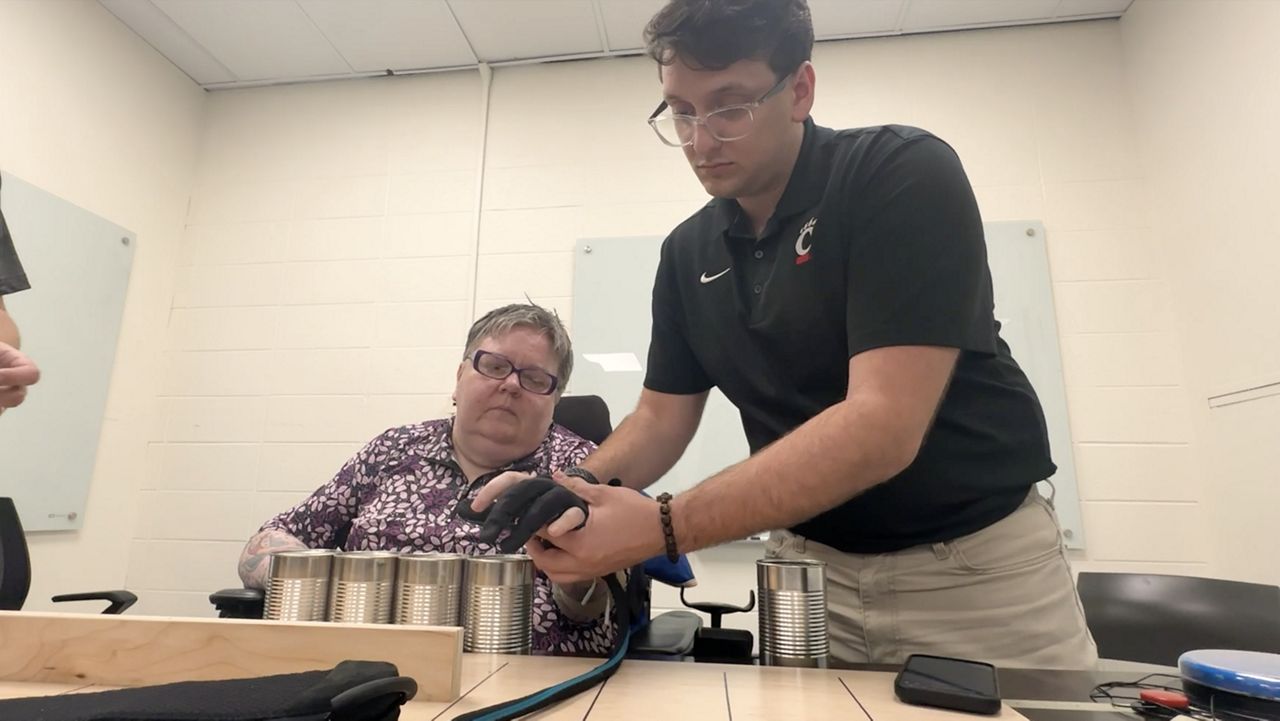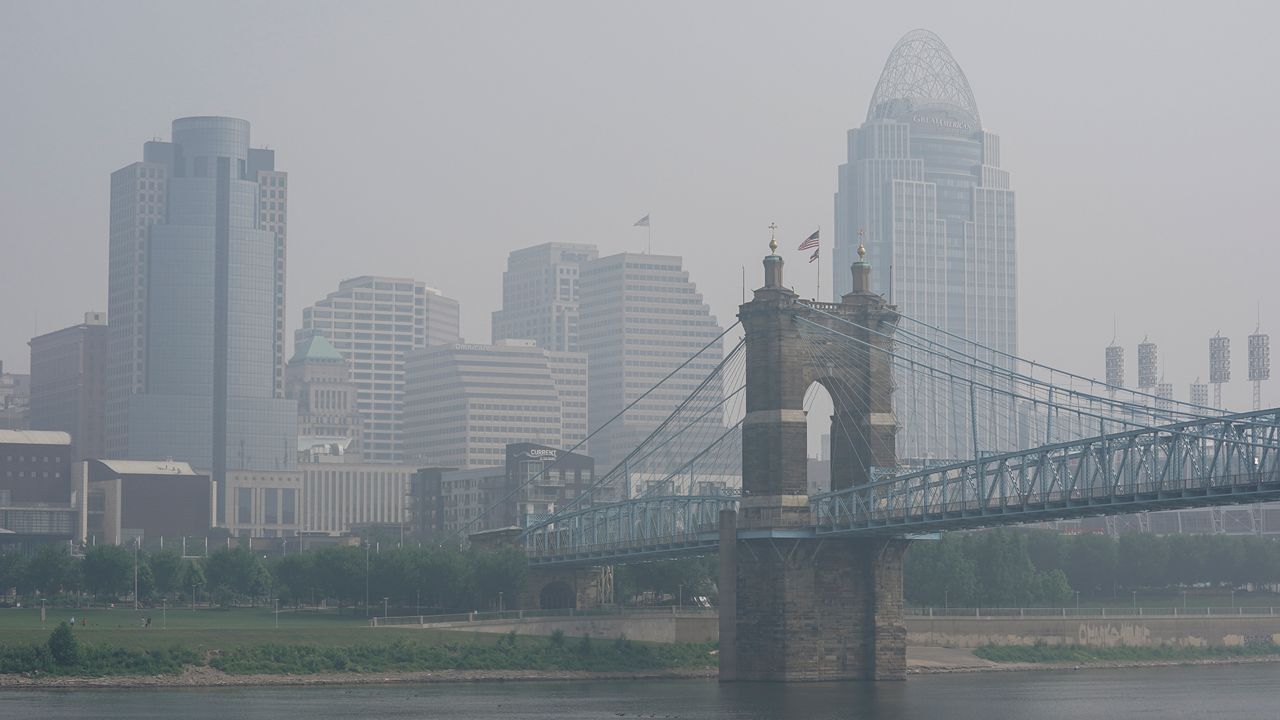OHIO — A new study from the Ohio State University suggests many people who have a hard time sleeping also misuse alcohol.
The study also suggests that stress and depression factor into the relationship between sleeping and misuse of alcohol. The analysis found that the influence of stress and depression depends on which condition came first — either insomnia or heavy drinking.
The researchers explained the participants in the study were part of a larger project testing the effectiveness of a digital insomnia prevention for people with poor sleep who are heavy drinkers. In total, 405 volunteers completed questionnaires which assessed insomnia severity, current and past drinking behaviors, as well as stress and depression symptoms.
“We were most interested in how insomnia leads to drinking, and we found that seems to occur primarily through stress. But when we switched pathways, it appeared that drinking primarily led to insomnia through depression,” said Jessica Weafer, senior author of the study and associate professor of psychiatry and behavioral health in The Ohio State University College of Medicine.
Weafer goes on to say that identifying the types of mediating factors can impact treatment.
“If people who have insomnia are experiencing a lot of stress, then if we can target the stress, that might reduce the likelihood that their insomnia would lead to heavy drinking. That’s the long-term ideal, or hope, that this work could have an impact on treatment,” she said.
Insomnia and hazardous drinking can cause major ripple effects in people’s lives, the study states, as both conditions are associated with missed work, lower productivity and more. Chronic insomnia can also increase the risk of cardiovascular disease and other illnesses like Alzheimer’s. The study also talks about Alcohol Use Disorder, which can be characterized by continuing to drink even when encountering interpersonal problems, getting sick or hurt or driving while intoxicated, according to OSU.
“The number of people with AUD who also have insomnia is very, very high. It’s striking, and important,” she said.
The researchers note that while stress and depression overlap, they have distinct features. The stress scale measures the degree to which situations in life are perceived as stressed, whereas the depression scale measures behaviors and feelings related to hope, fear, happiness and loneliness.
There was previous research that suggested stress and depression, or both, can contribute to bad sleep or heavy drinking, said first author of the study Justin Verlinden.
“There are so many different pathways that could explain insomnia and alcohol use. We wanted to connect the dots and see if there’s anything there,” he said.
The new research shows the many ways stress and depression can impact the relationship between insomnia and hazardous drinking.
“If you look at stress and depression separately, we find there is an indirect relationship between insomnia and drinking as well as drinking and insomnia – meaning a good chunk of the relationship between insomnia and drinking can be explained through perceived stress or depression,” Verlinden said.
However, the study’s finding it just a snapshot instead of an explanation of how insomnia and heavy drinking can be linked over time, especially when depression and stress are involved.
The team said it’s collected another data set over the course of 12 months to get a better understanding of the connections.





